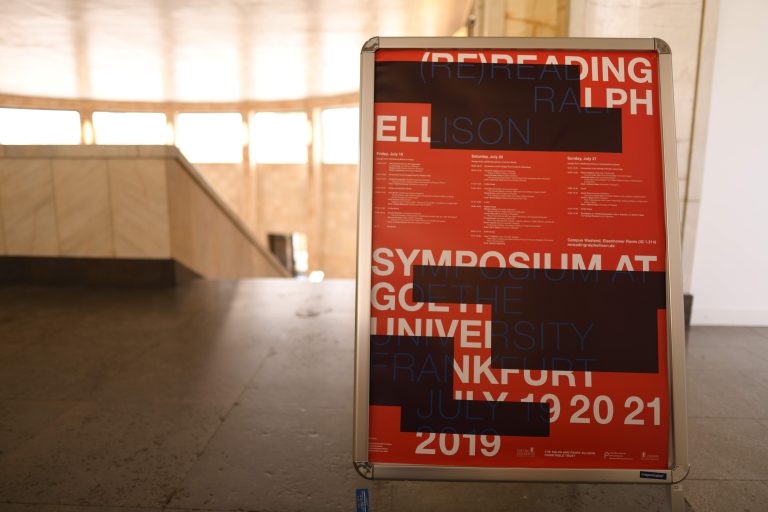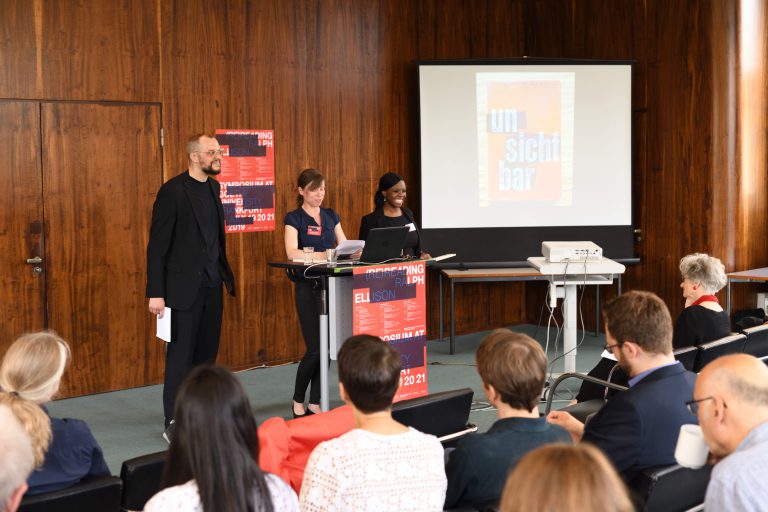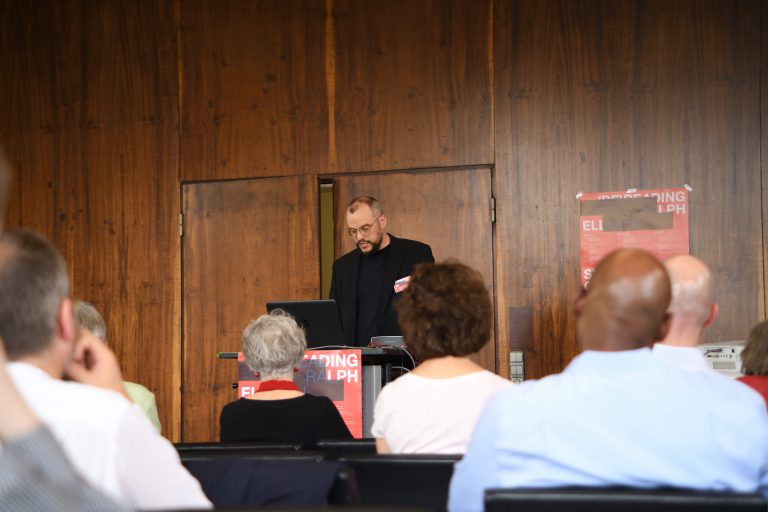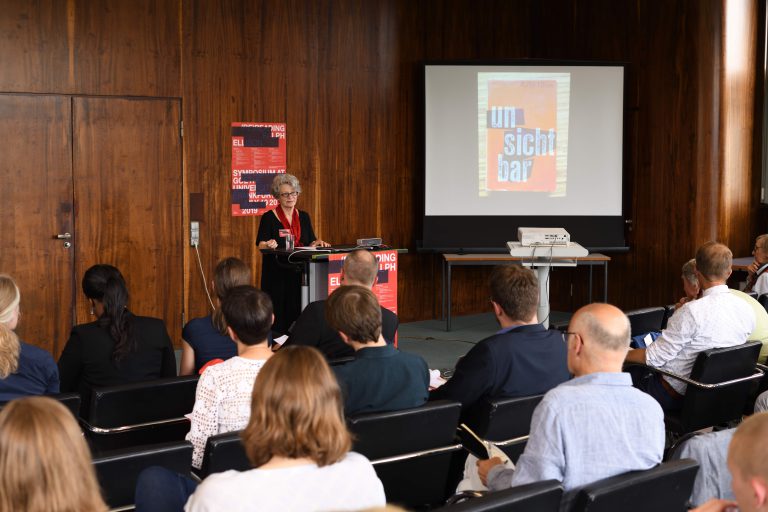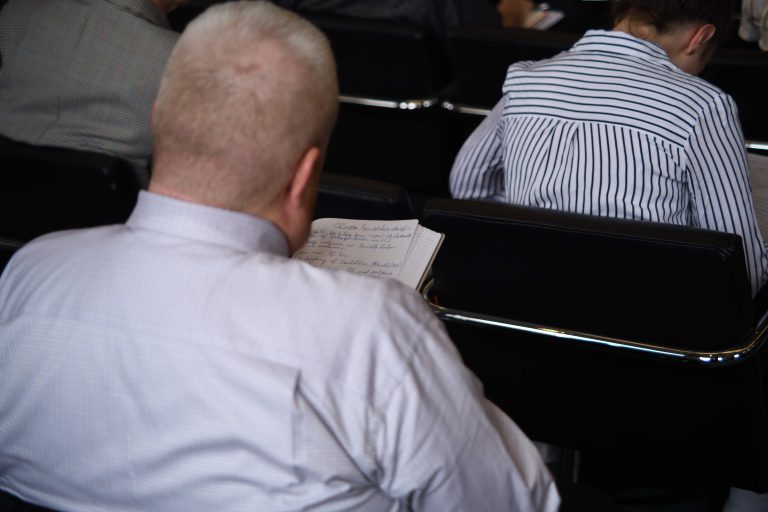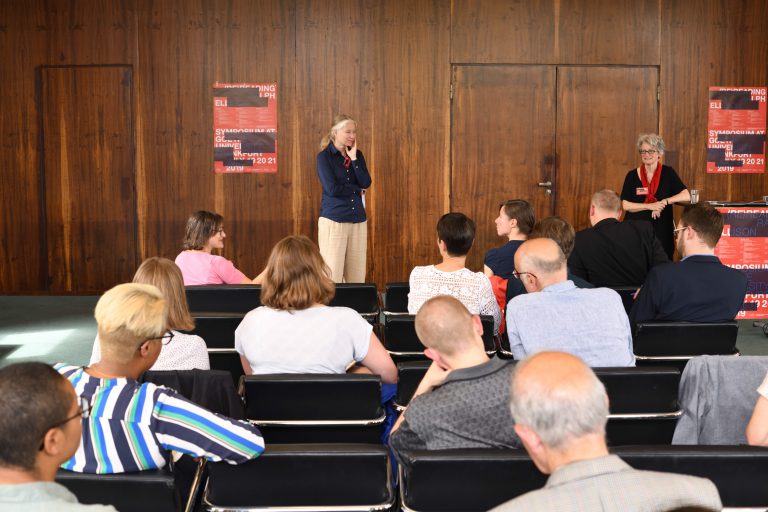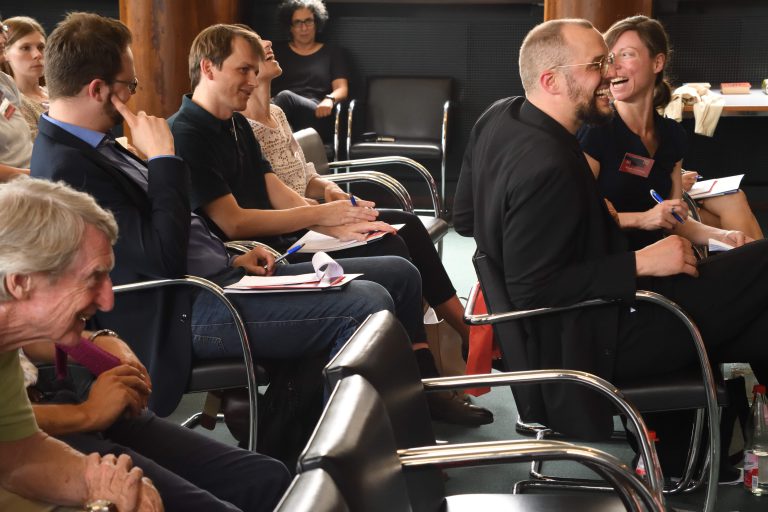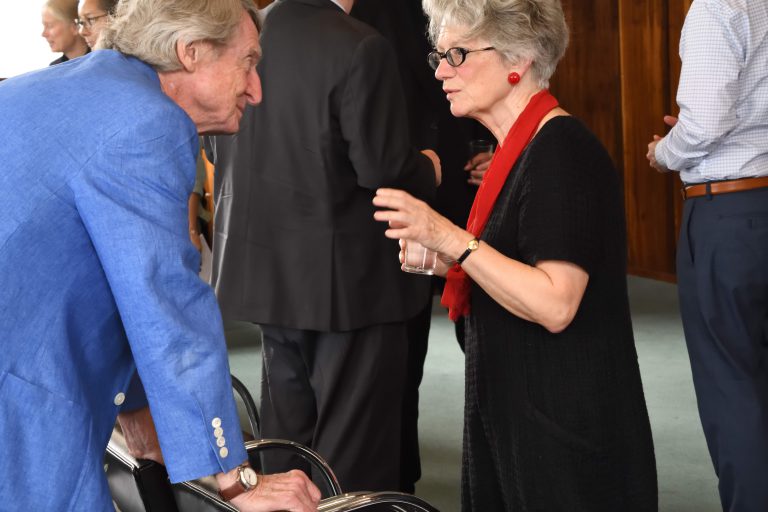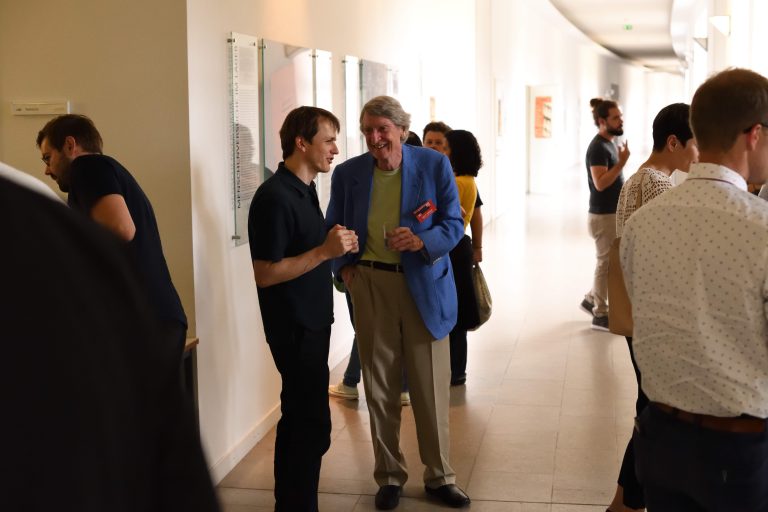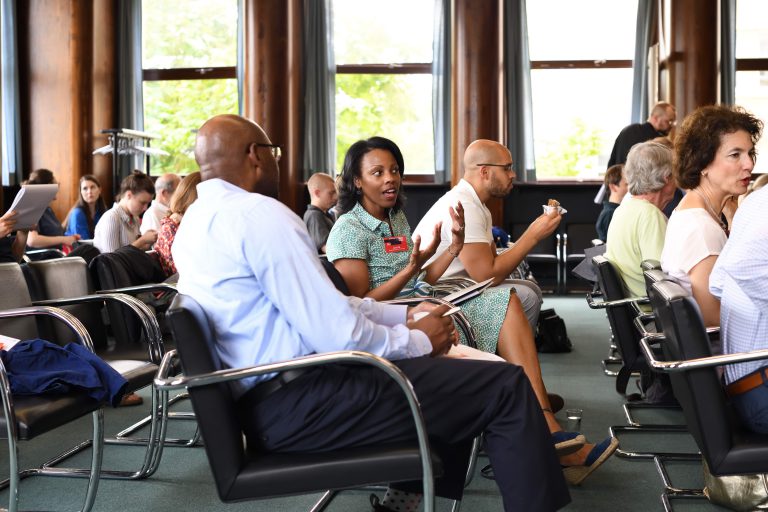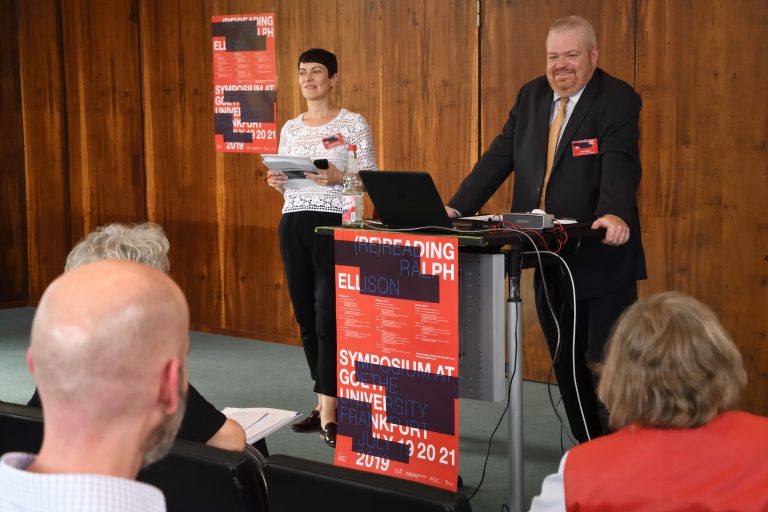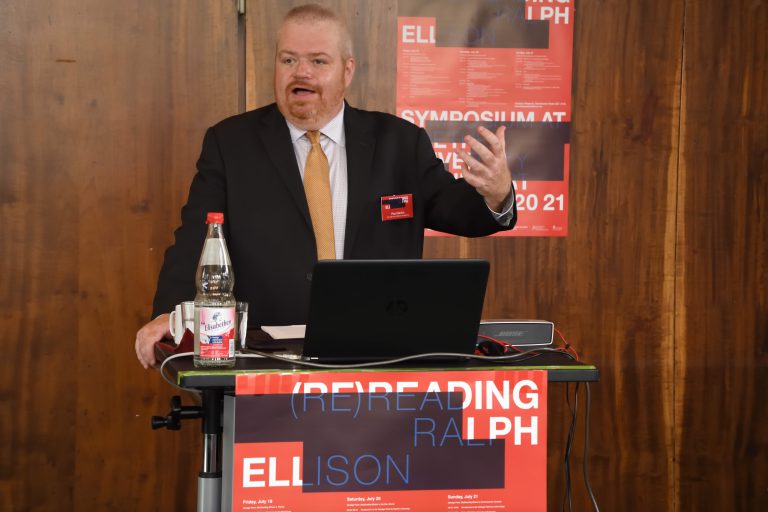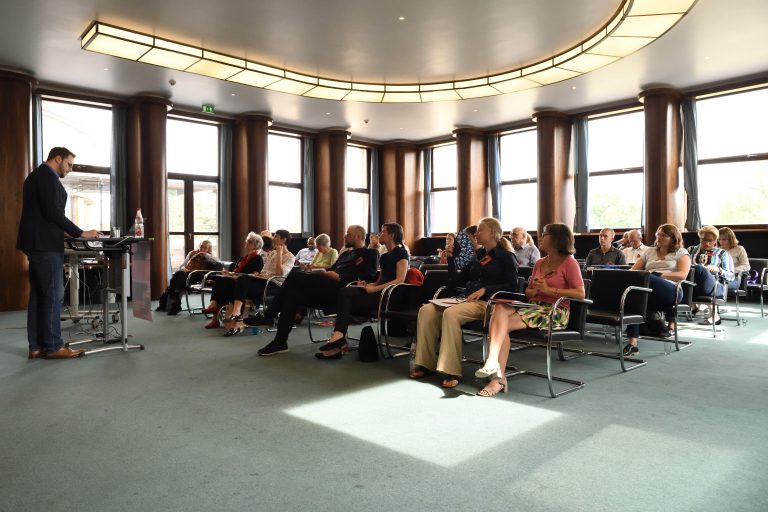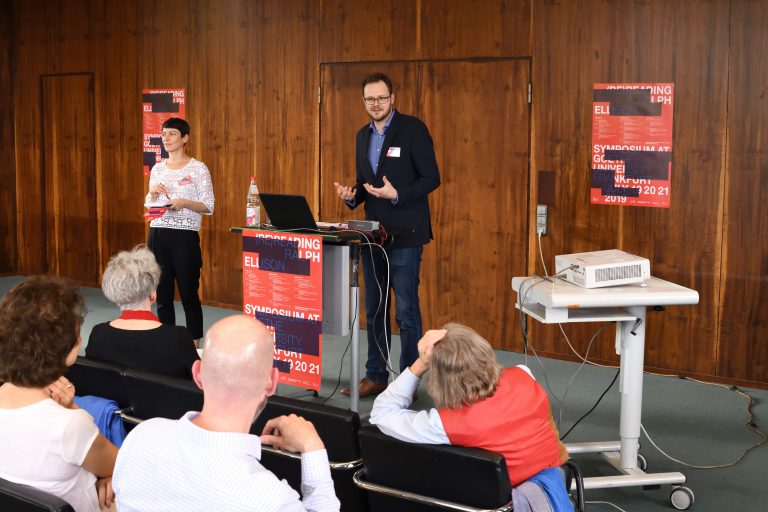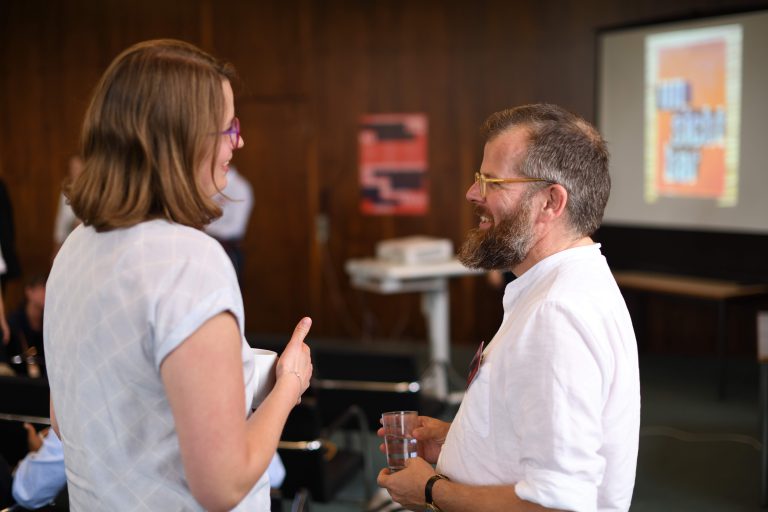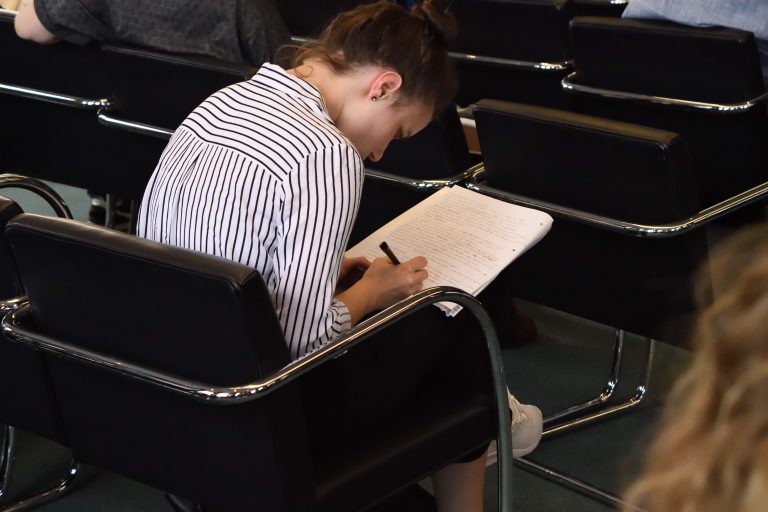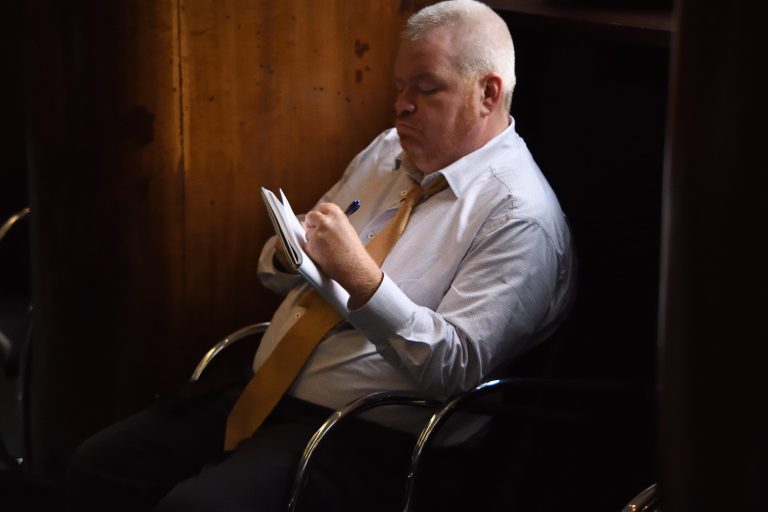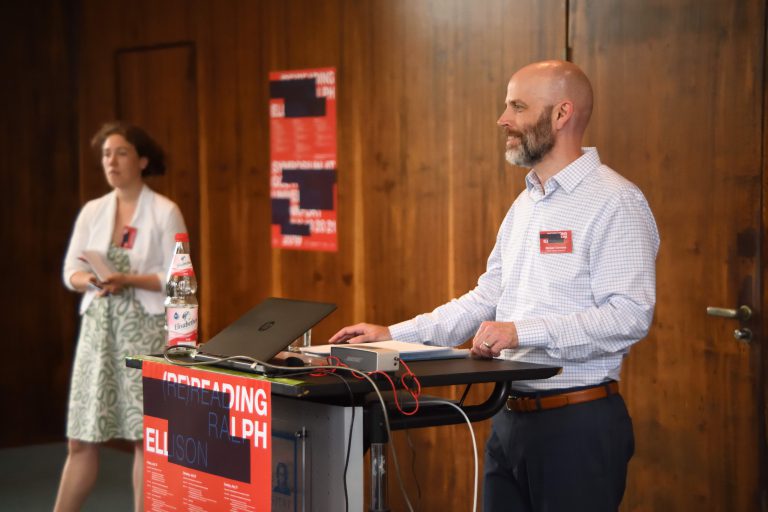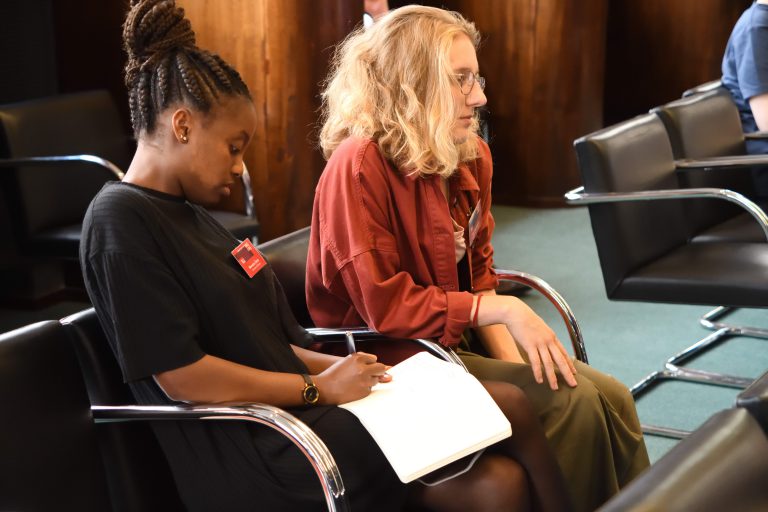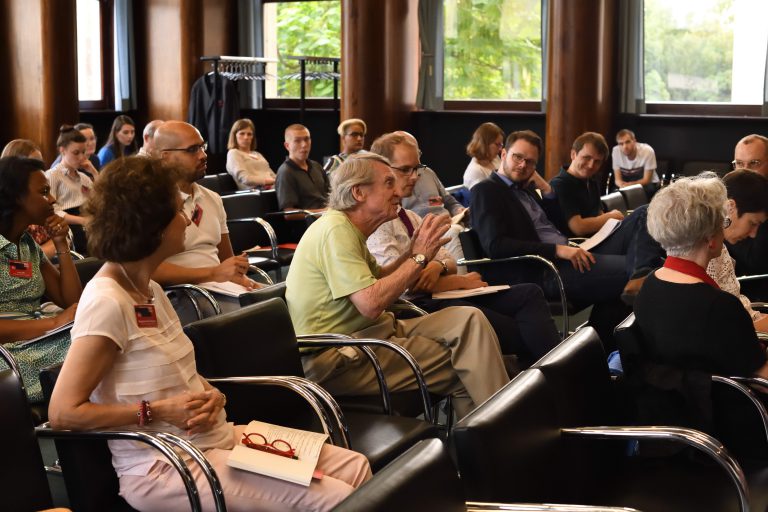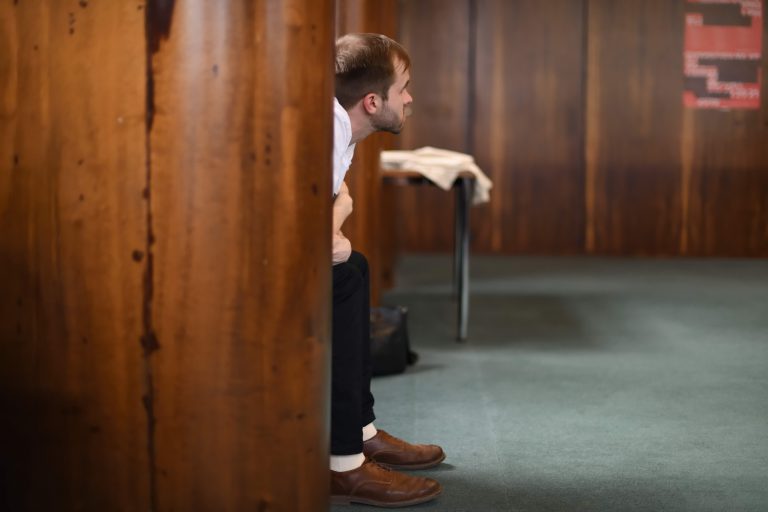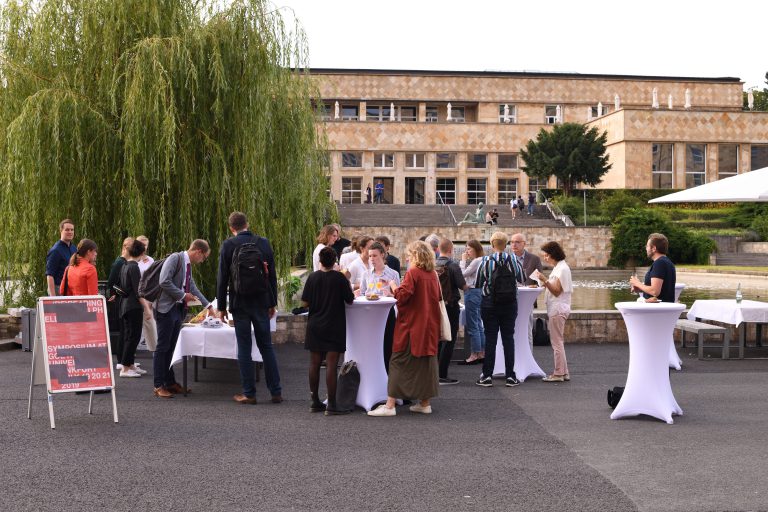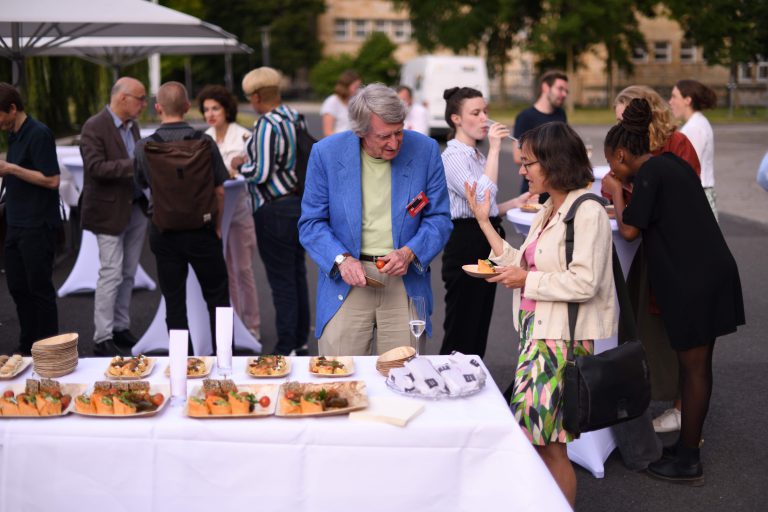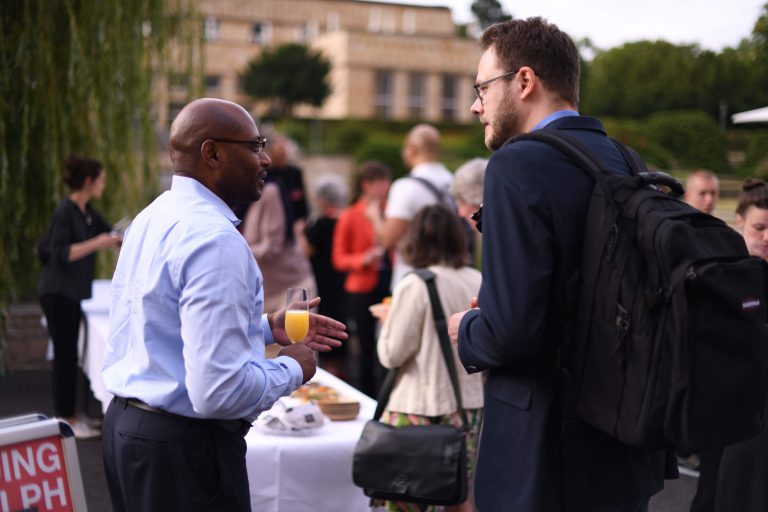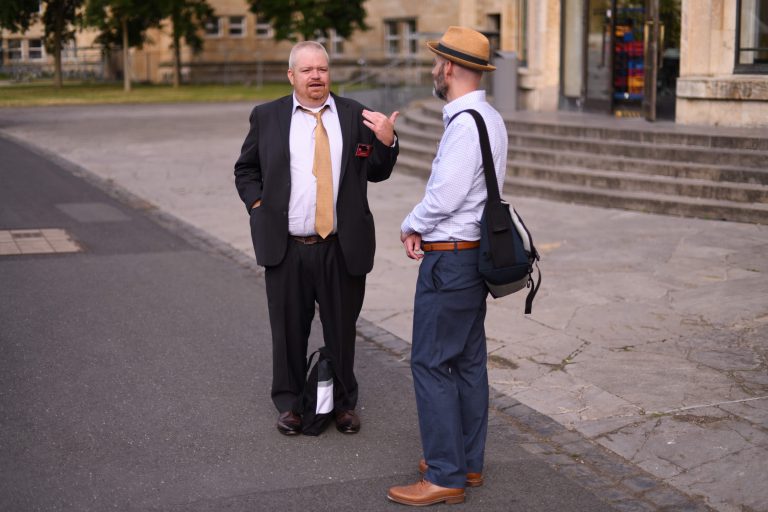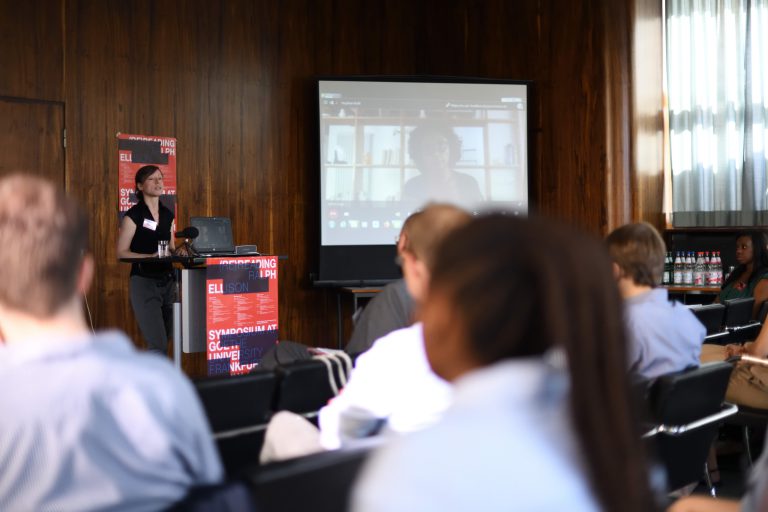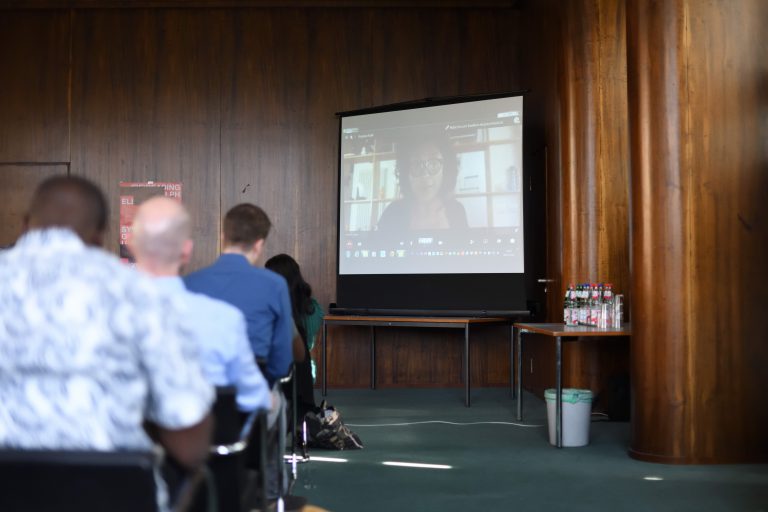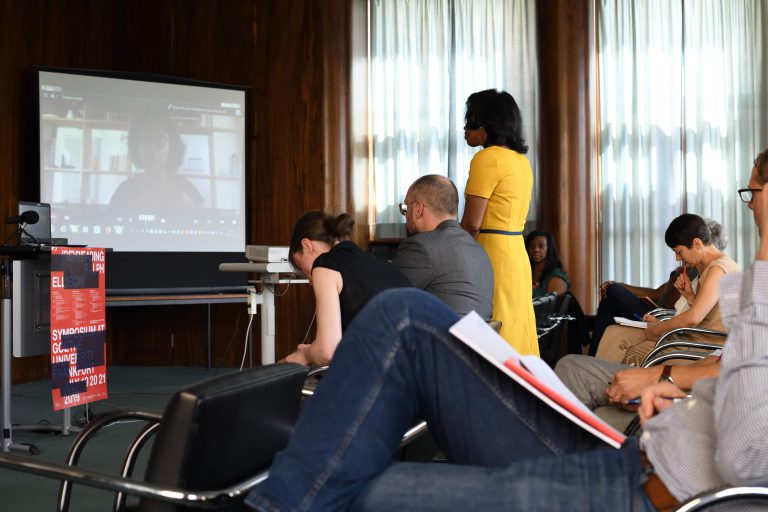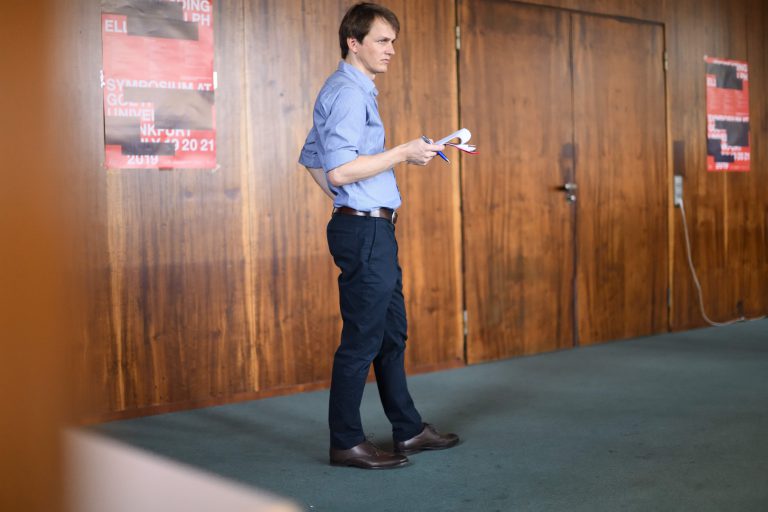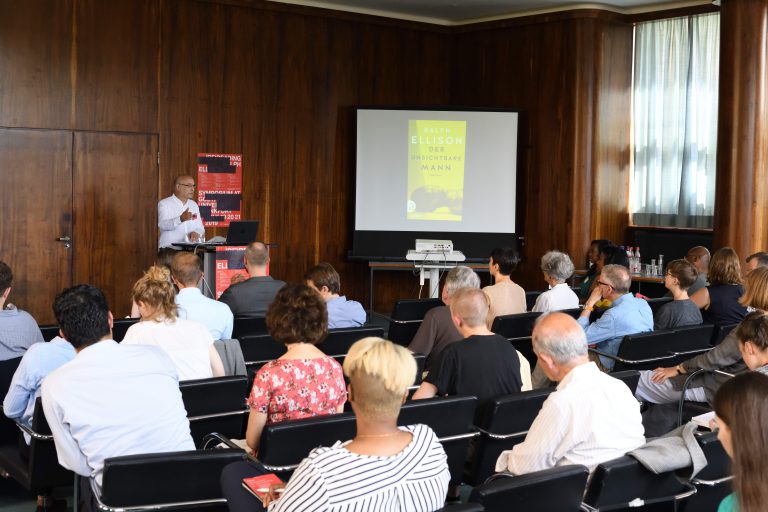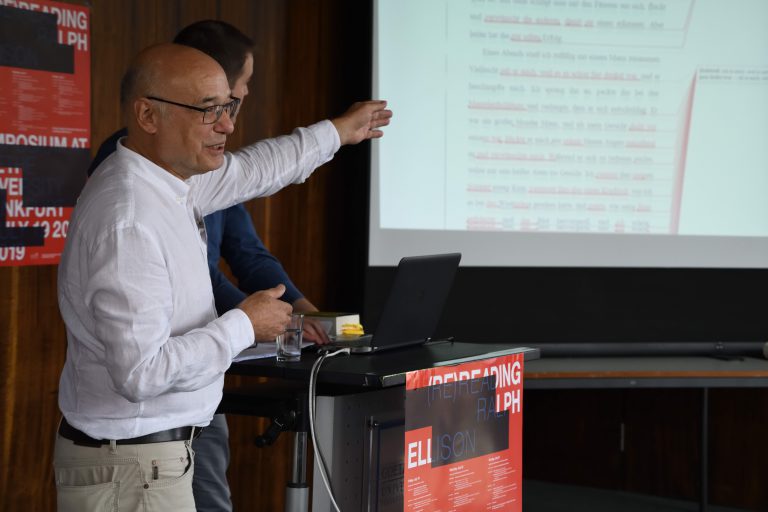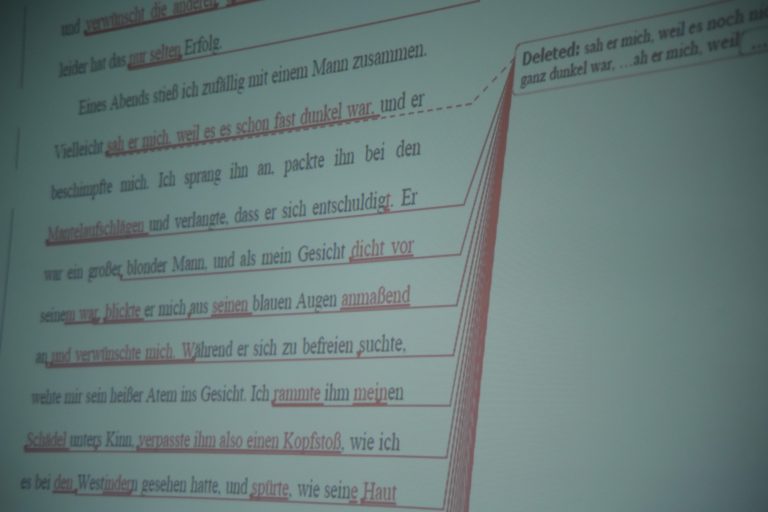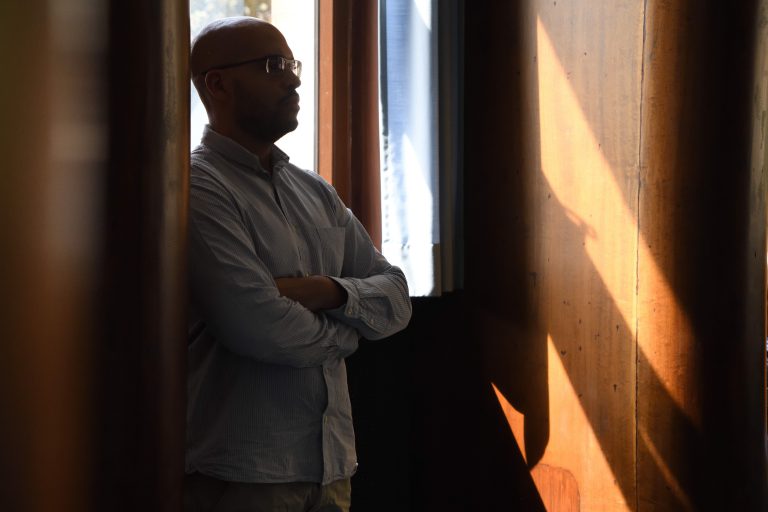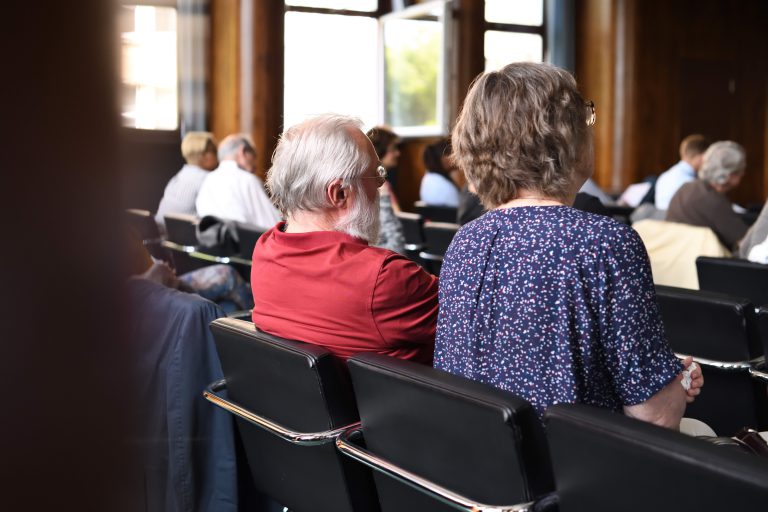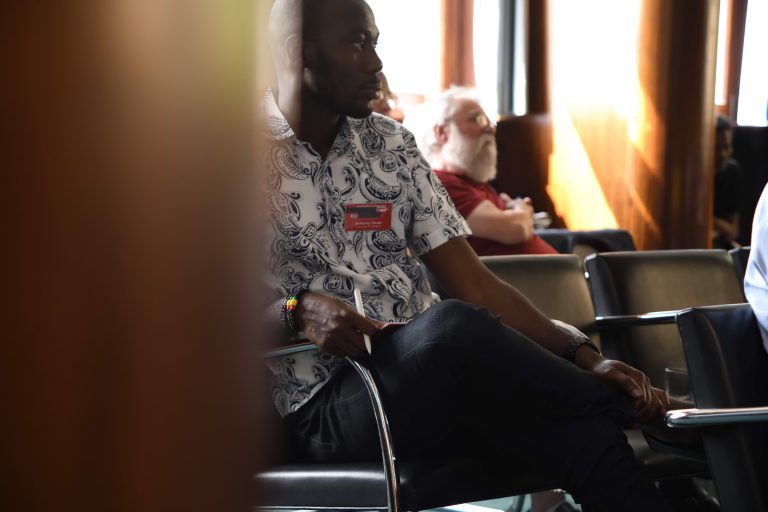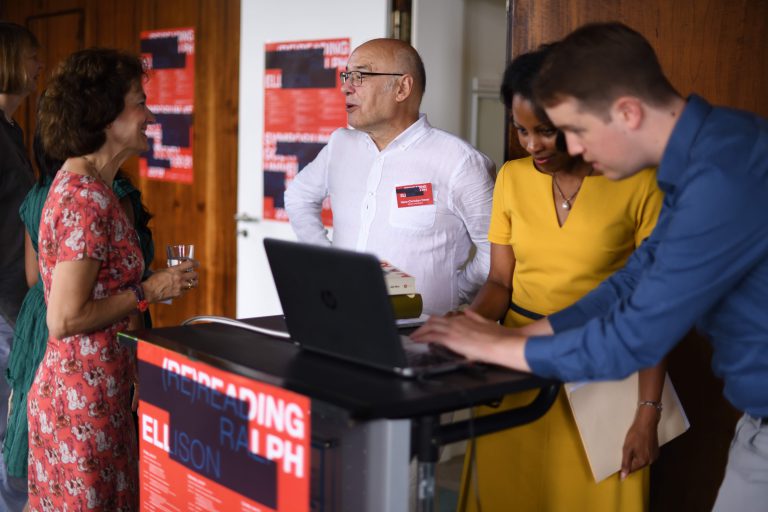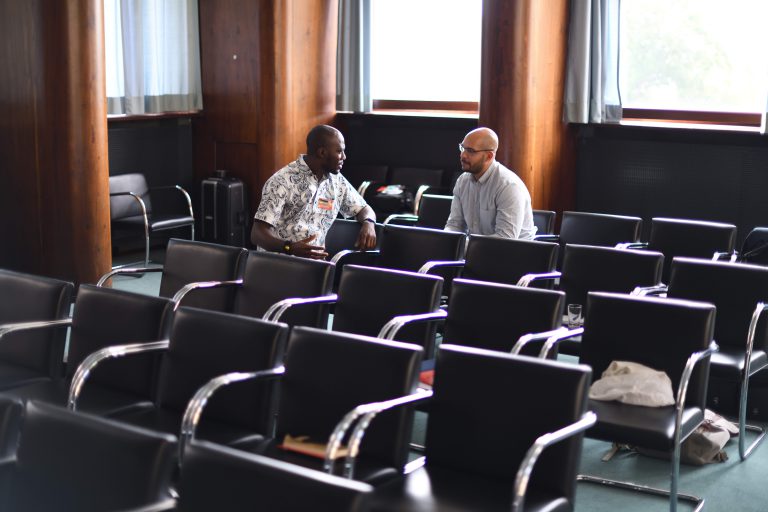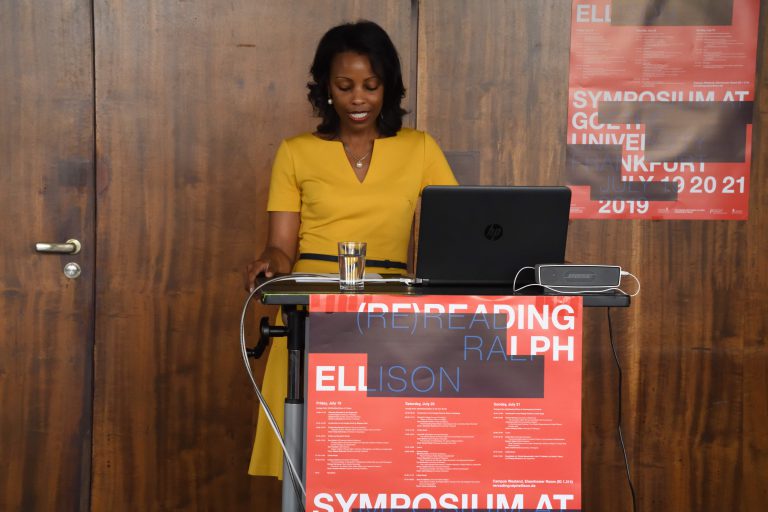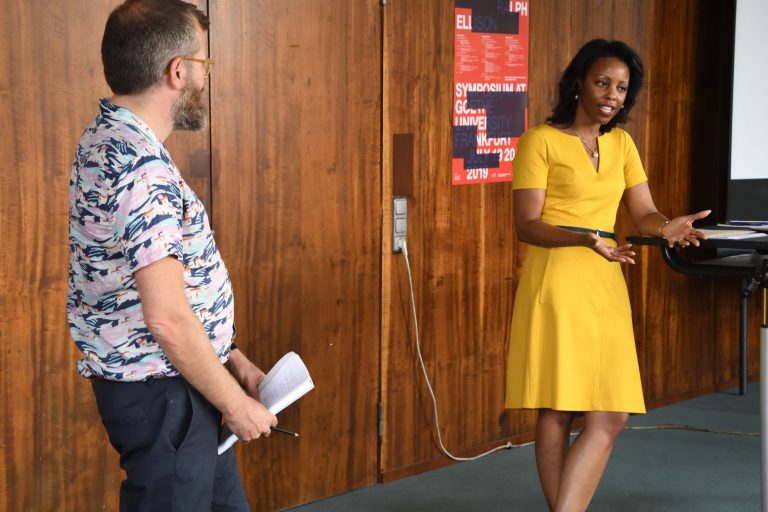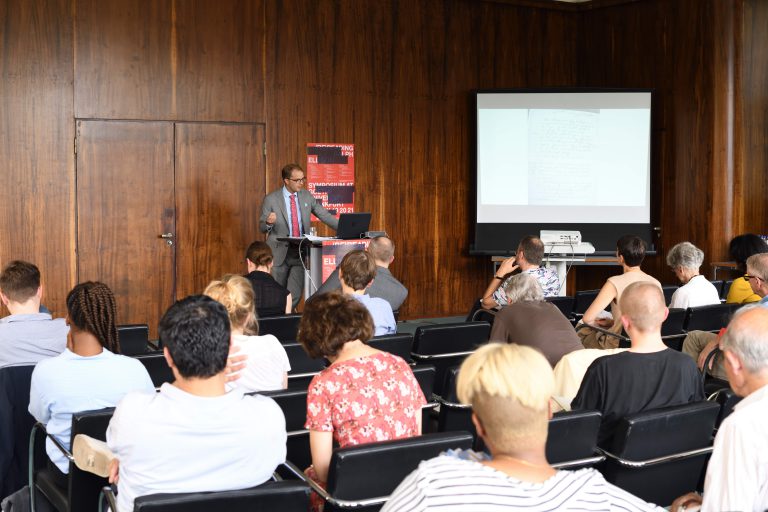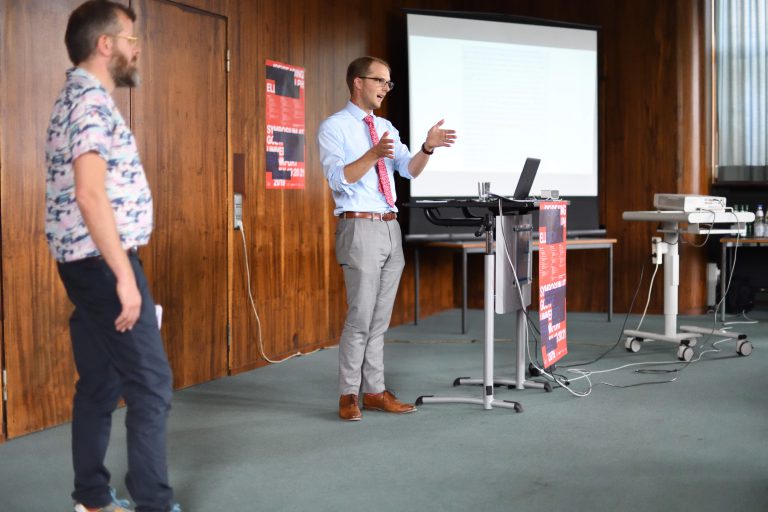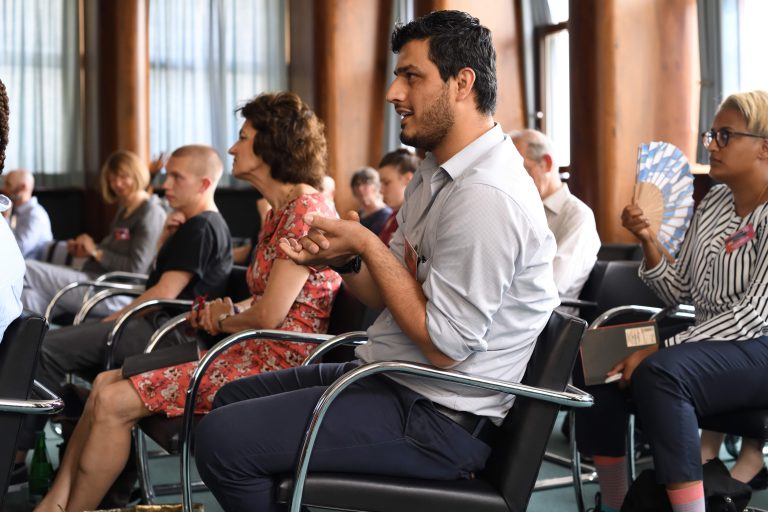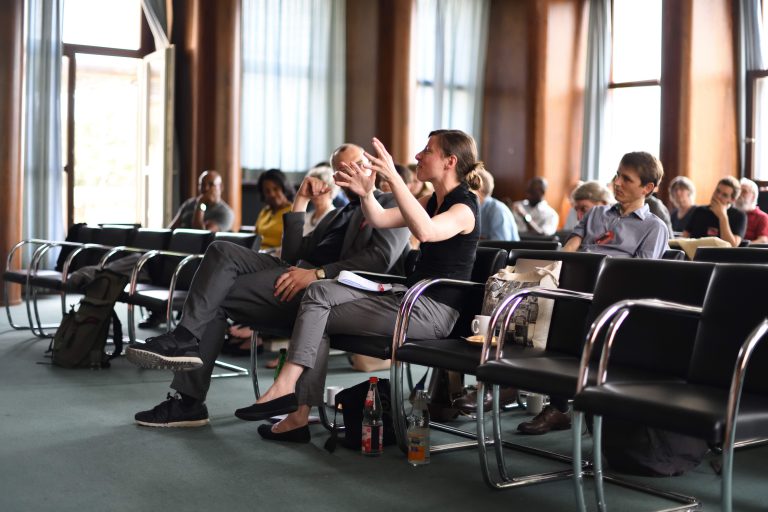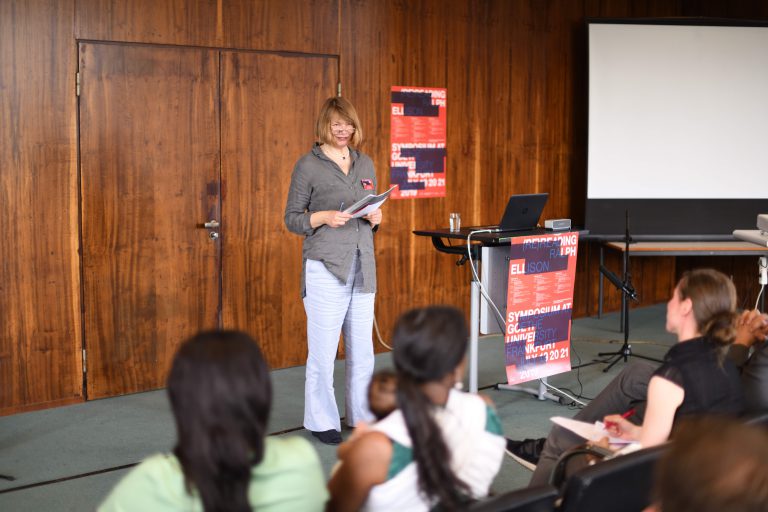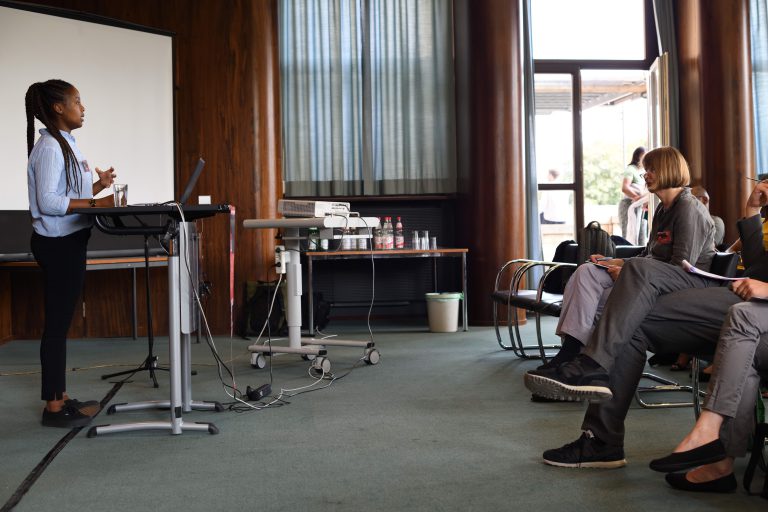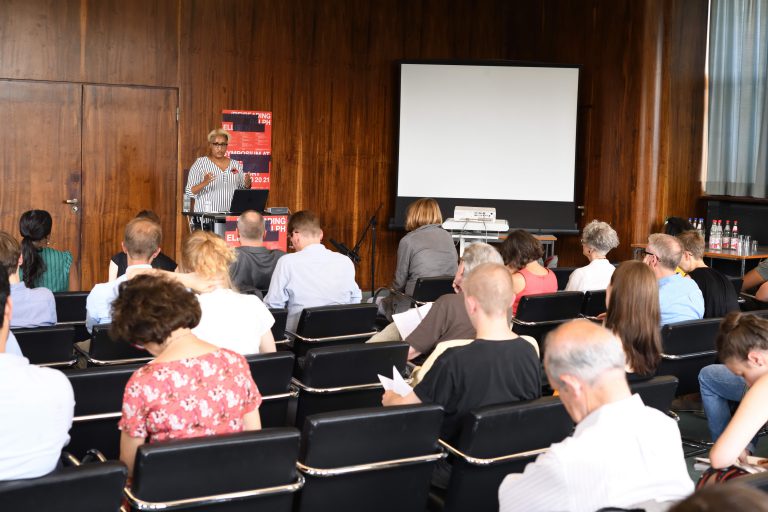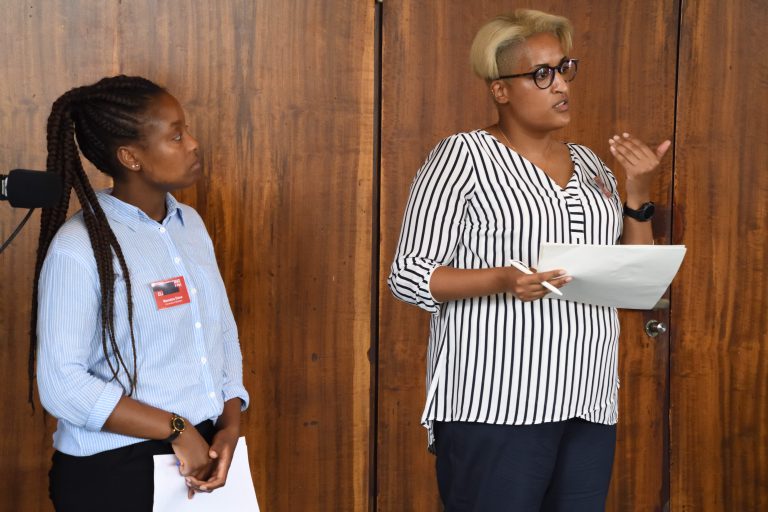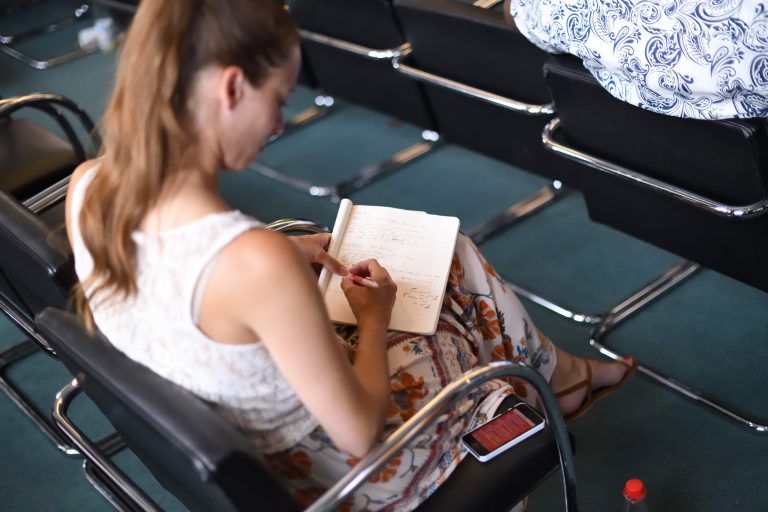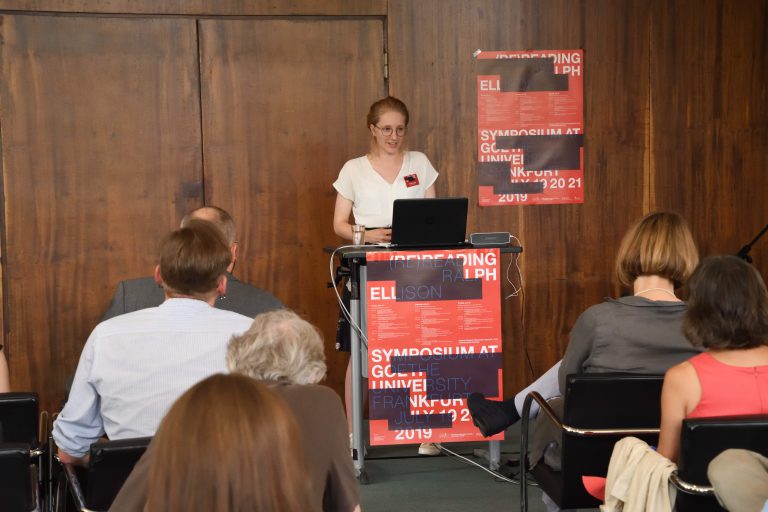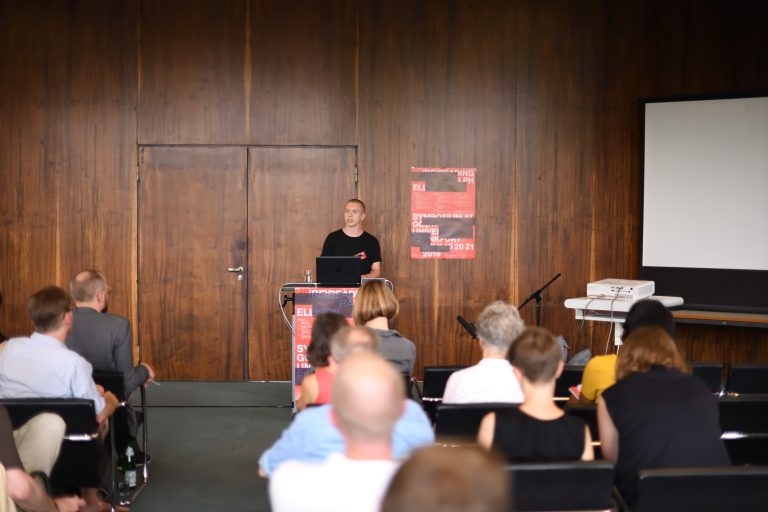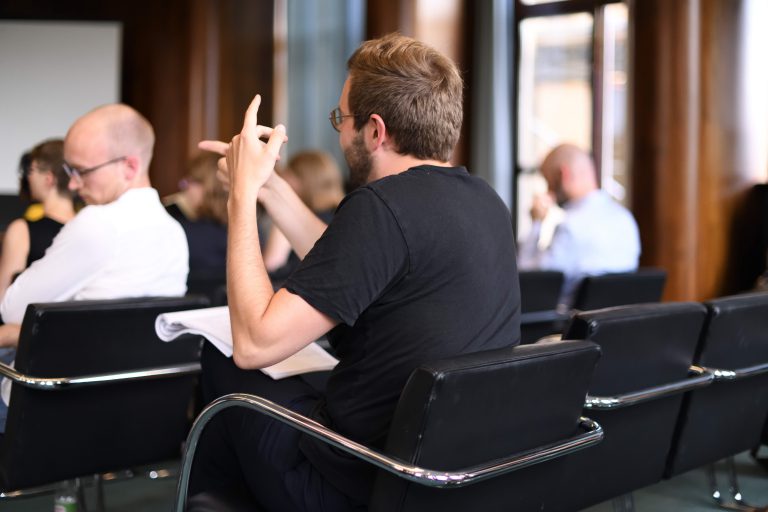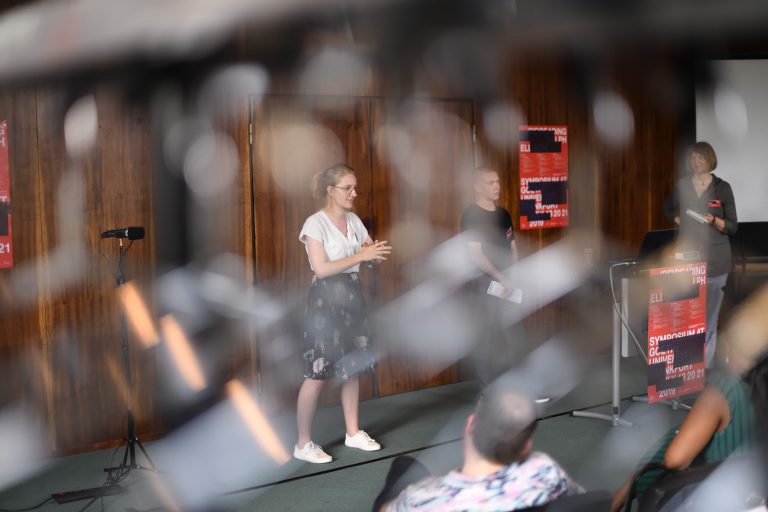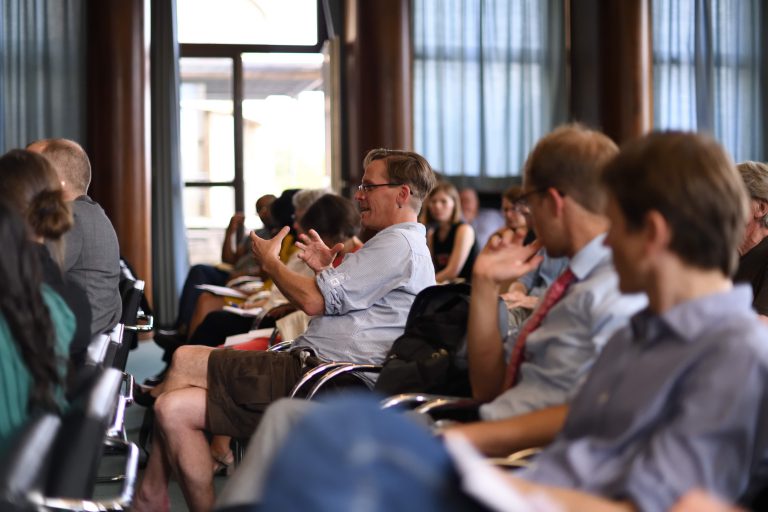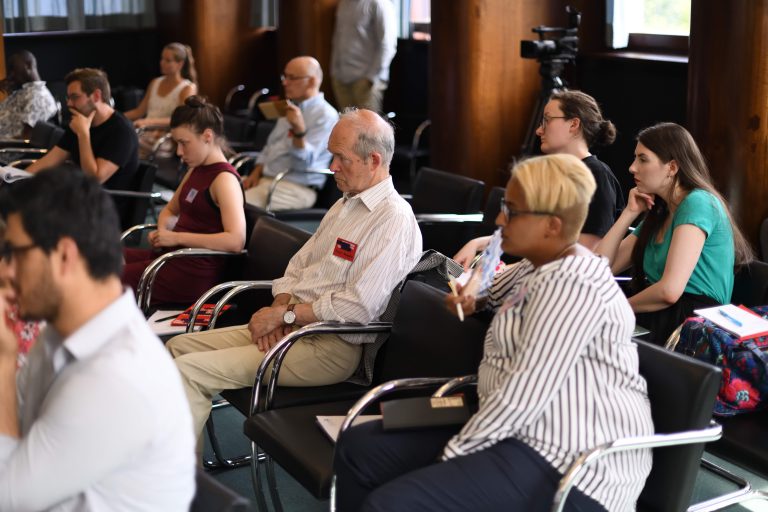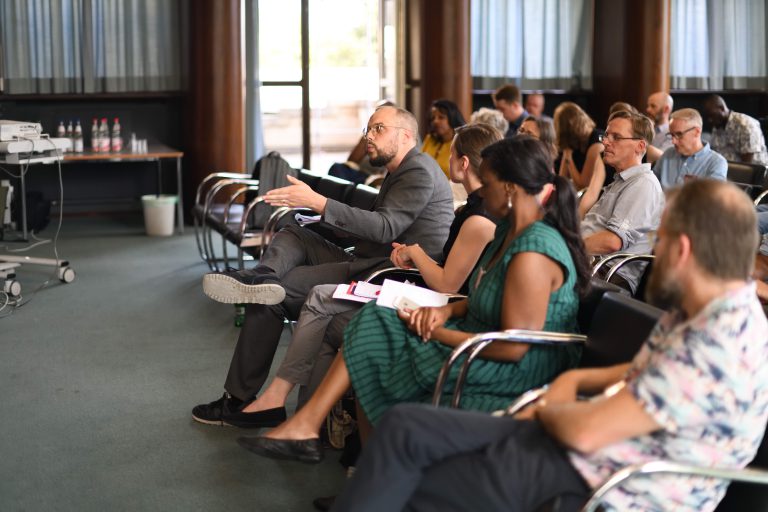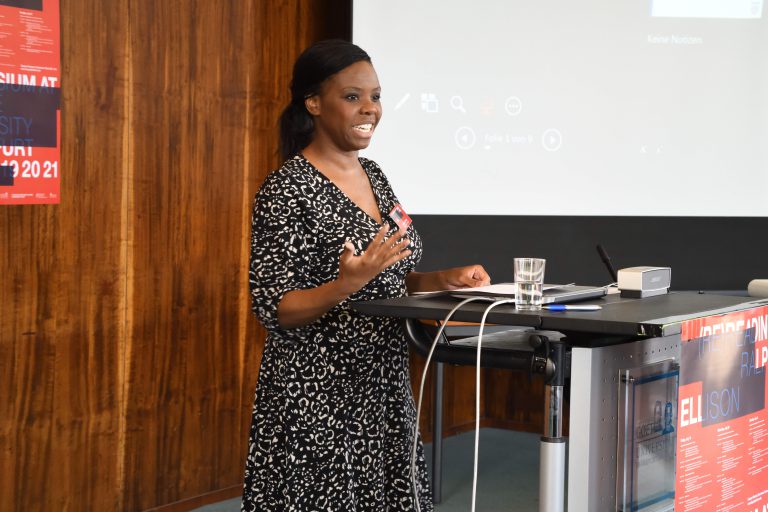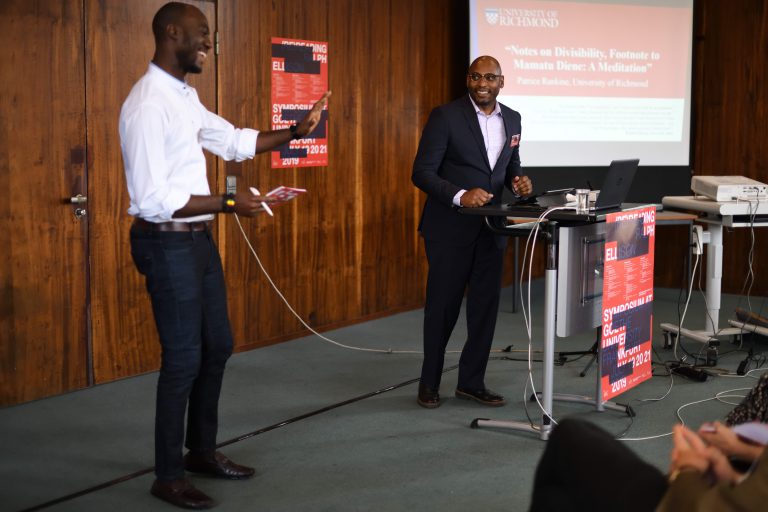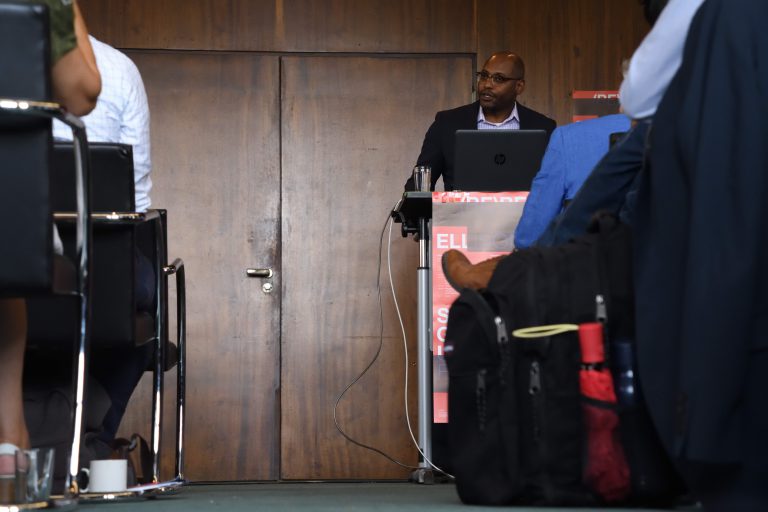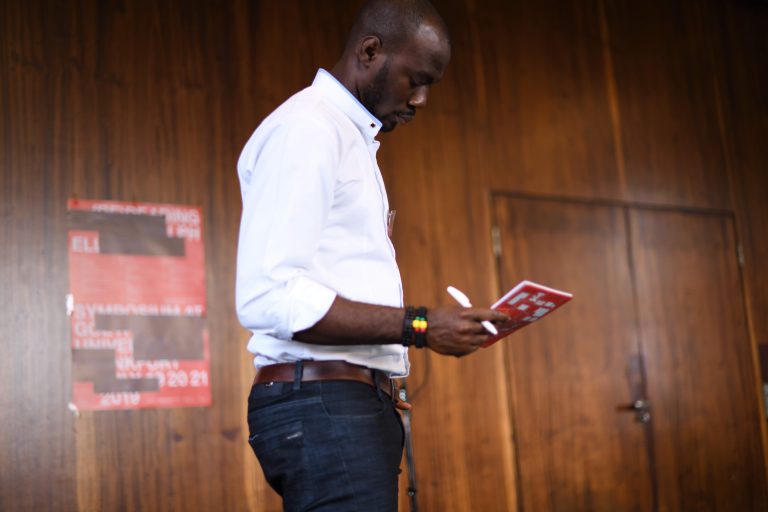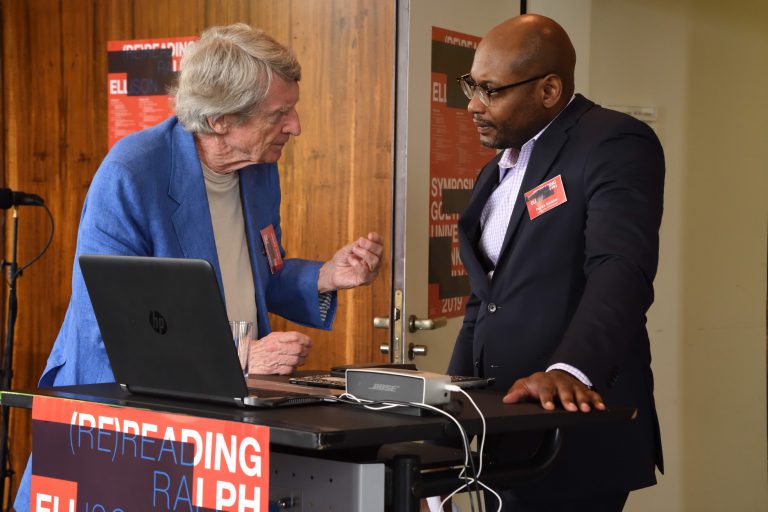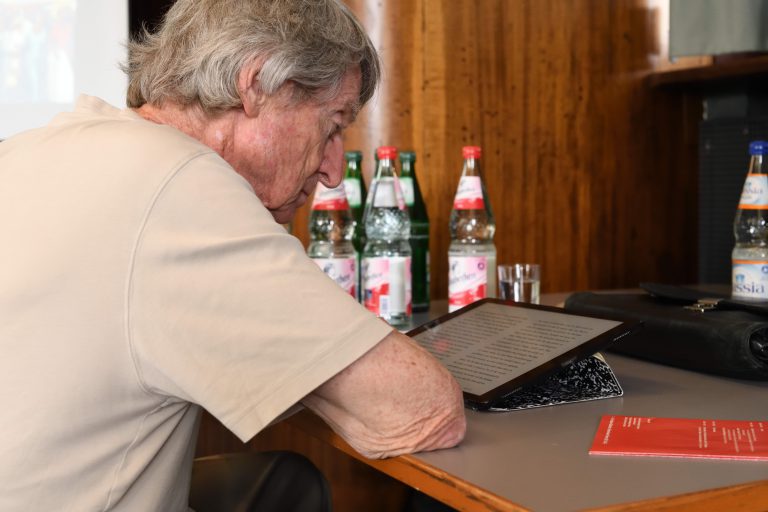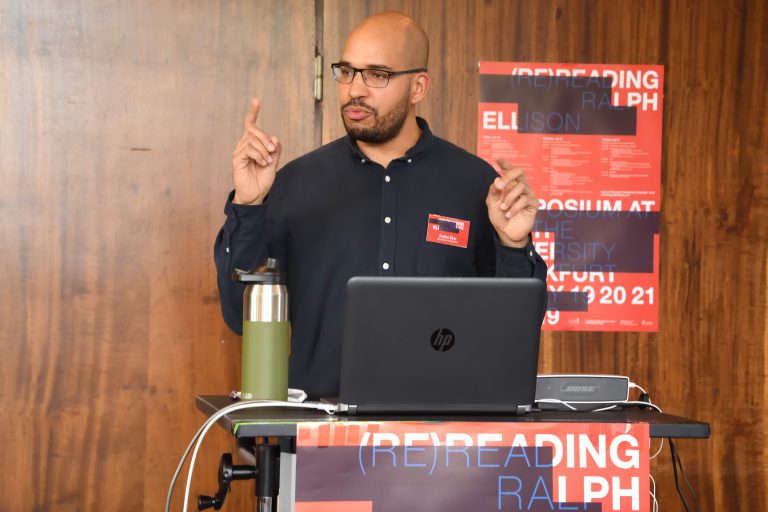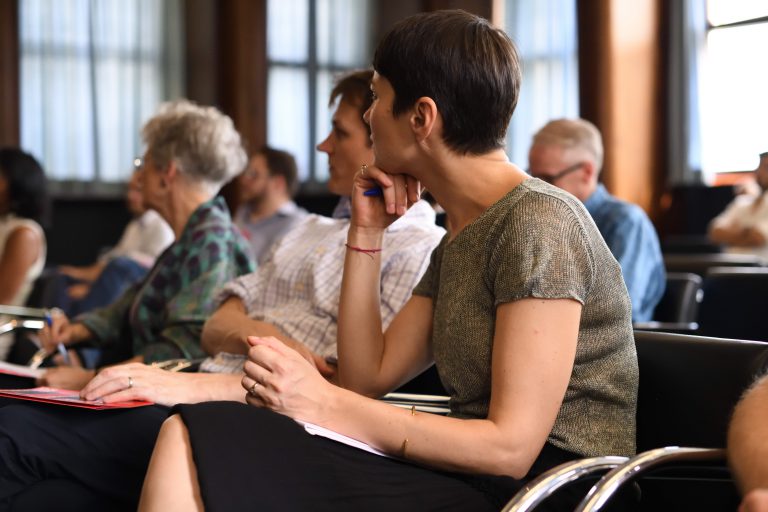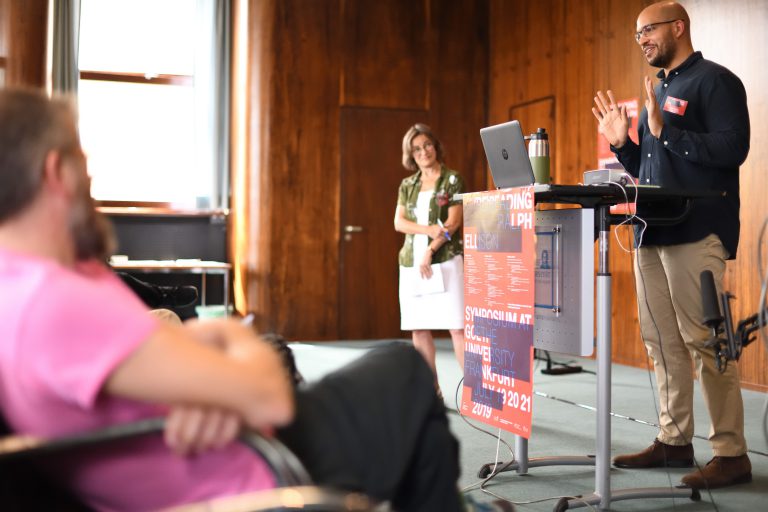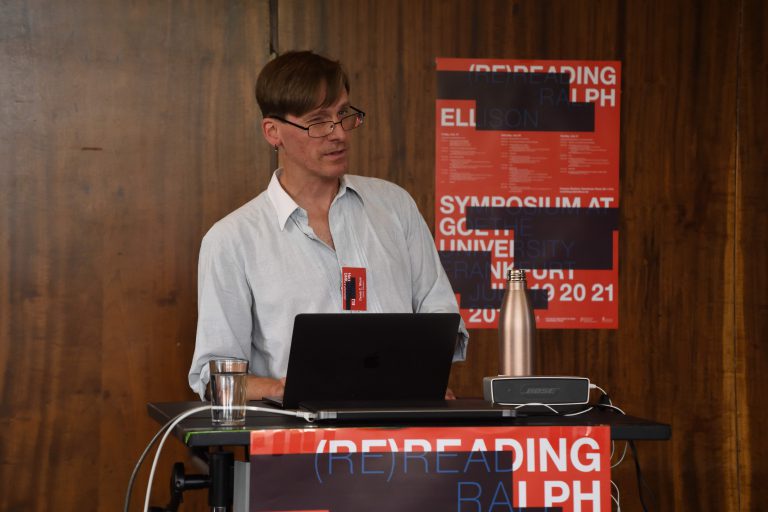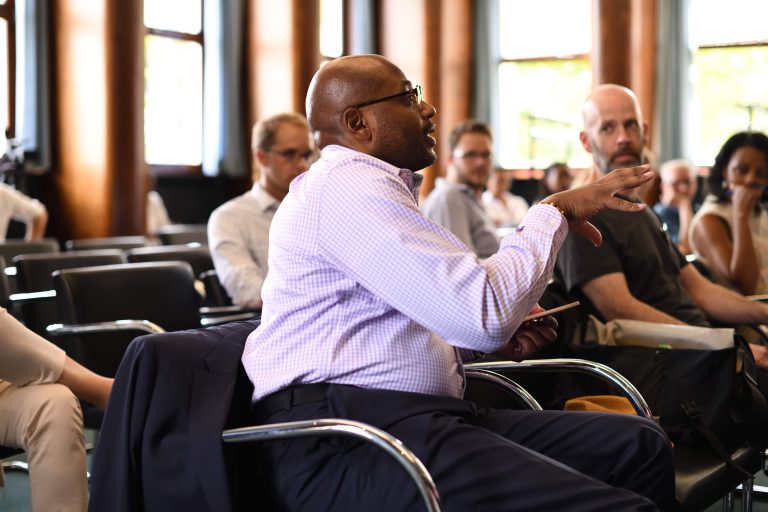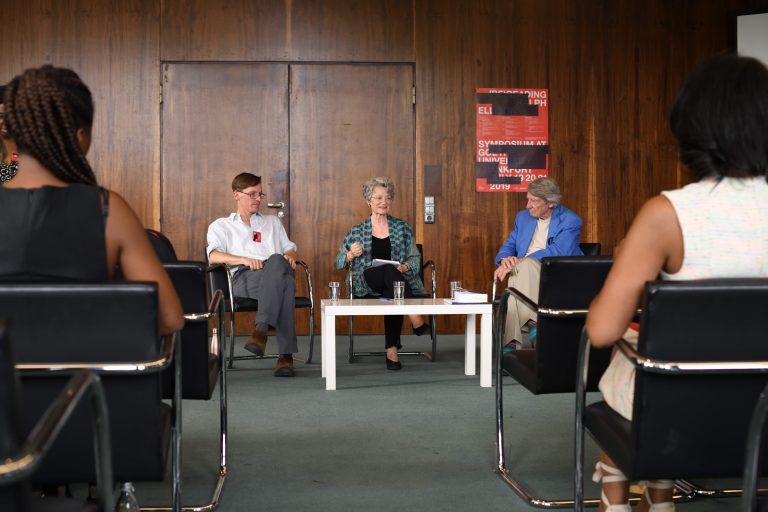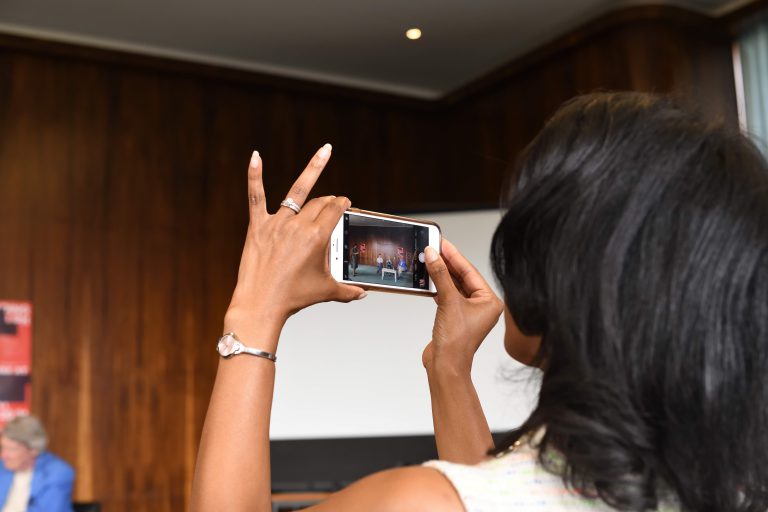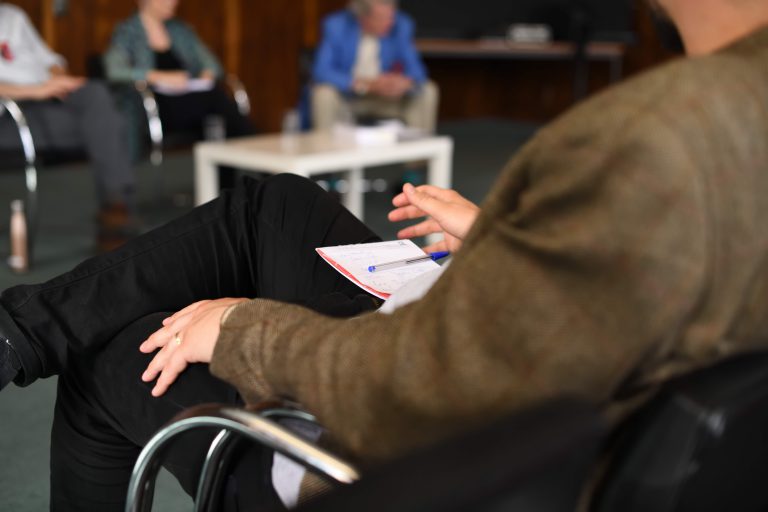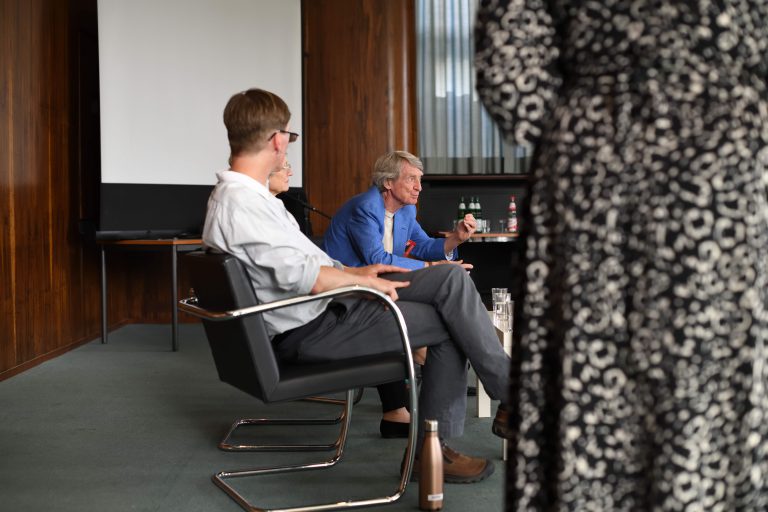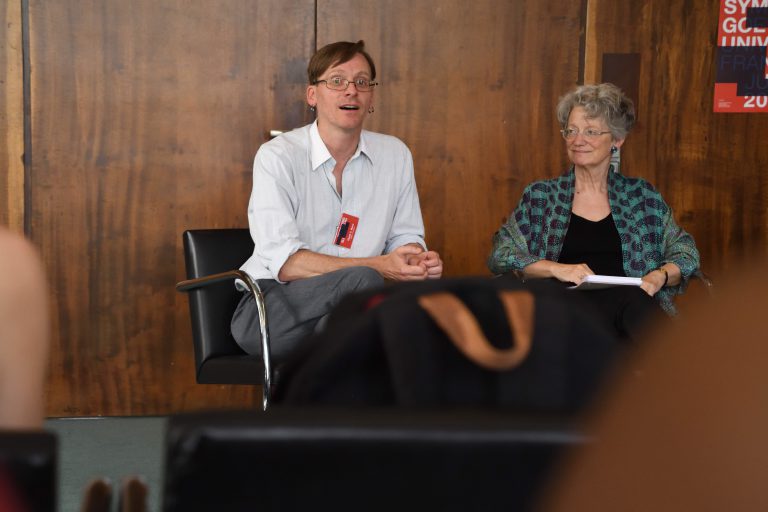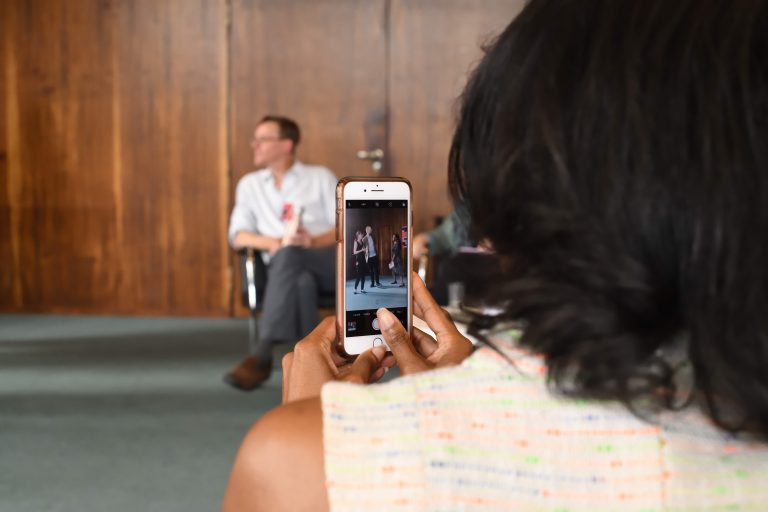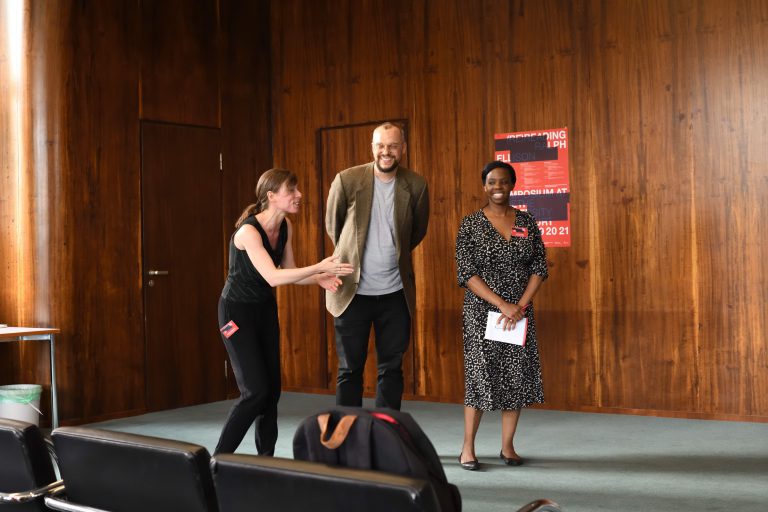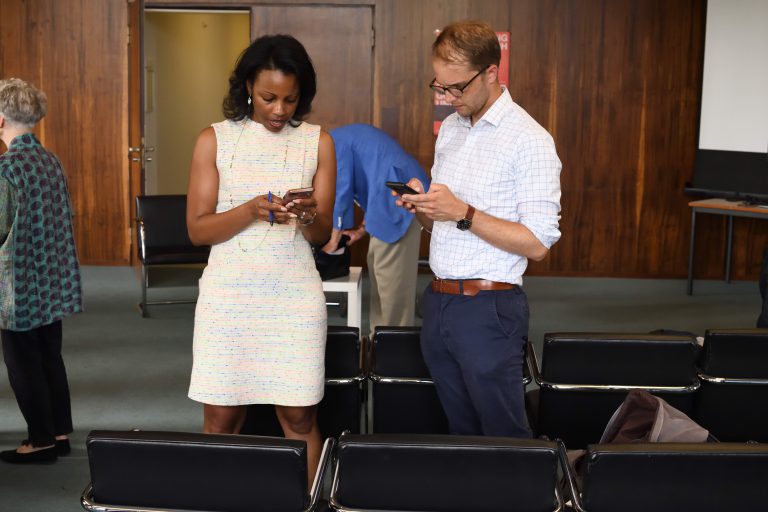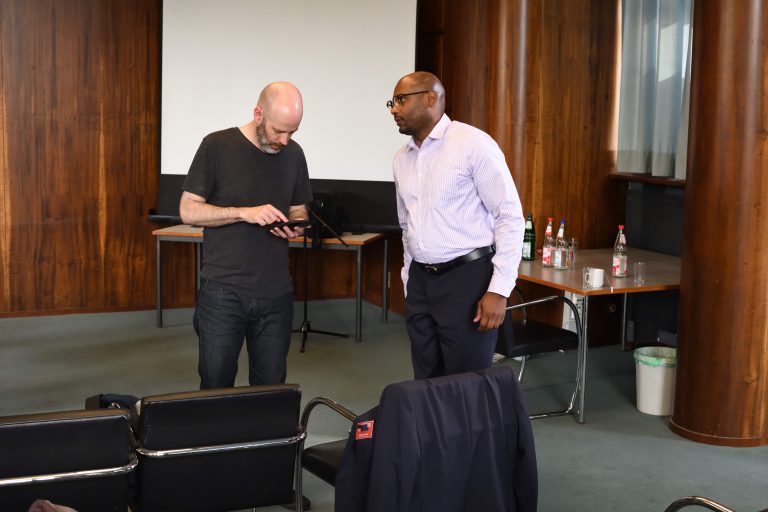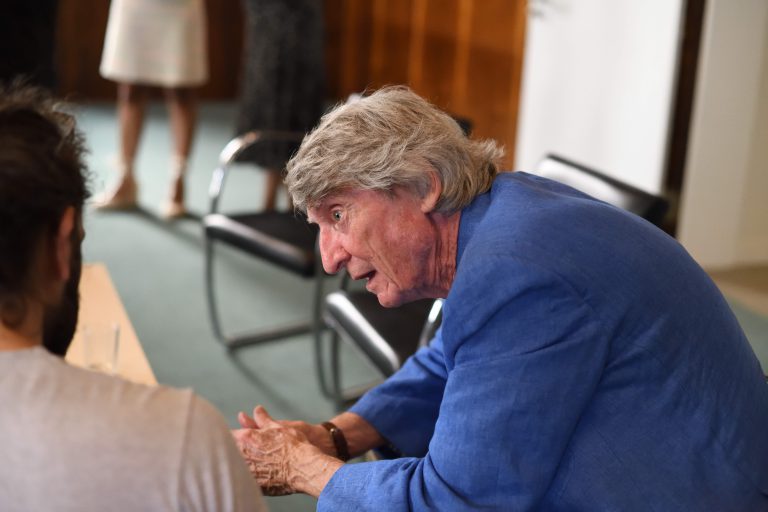Symposium at Goethe University Frankfurt
Campus Westend, Eisenhower Room (IG 1.314)
July 19–21, 2019
In 1954, the S. Fischer Verlag published Ralph Ellison’s novel Invisible Man (1952) in a German translation entitled Unsichtbar. In the fall of that year, Ellison visited Frankfurt am Main for the first time while presenting his debut novel on a reading tour across Germany. He returned to Frankfurt for the second and last time in his life as the chief American delegate to the international P.E.N. congress that opened in the city on July 19, 1959. Exactly sixty years later, this Symposium brings the author back to Frankfurt for the third time in order to (re)read Ellison’s literature and life from three intersecting vantage points.
(Re)Reading Ellison in His Own Words
In the twenty-five years since his death, publications of books by Ellison have become more frequent than they were during his lifetime, and the forthcoming edition of his Selected Letters will grant further access to the author in his own words. In addition, the German Aufbau Verlag has just published a fully revised translation of Invisible Man, now titled Der unsichtbare Mann. The lectures in this vantage point focus on Ellison’s posthumous publications as well as on the archives and his voluminous Notes on his unfinished second novel, questioning how these command (re)readings of his canonical literature.
(Re)Reading Ellison in Contemporary Contexts
The lectures in this vantage point (re)read Ellison in relation to contemporary literary, political, and social developments. They trace how authors today rewrite Ellison’s legacy and examine how his work elucidates the current state of American democracy. Given that Ellison continues to draw criticism for his supposed detachment from the Civil Rights Movement, they investigate how his writings respond to and are echoed by recent activist movements in the United States.
(Re)Reading Ellison in Theory
This vantage point uses a link between Ellison and Goethe University Frankfurt as a frame for (re)reading the author in theoretical contexts. Invisible Man played a prominent role in the conceptual development of the Critical Theory of the Frankfurt School, established at the university’s Institute for Social Research under the guidance of Max Horkheimer and Theodor W. Adorno. Axel Honneth, until recently the director of the institute, conducted an in-depth analysis of Ellison’s debut novel to establish his concept of “invisibility,” which in his theory is the antithesis of “recognition.” Following this trace, lectures in this vantage point investigate linkages between Ellison and German intellectual traditions. This investigation goes hand in hand with the attempt to open up new theoretical approaches to the study of Ellison’s literature and life.
Finally, a closing roundtable brings these three vantage points into conversation, discussing how they enrich, challenge, or even contradict each other. The roundtable, just as the Symposium as a whole, explores open avenues and potential impasses in Ellison studies.


